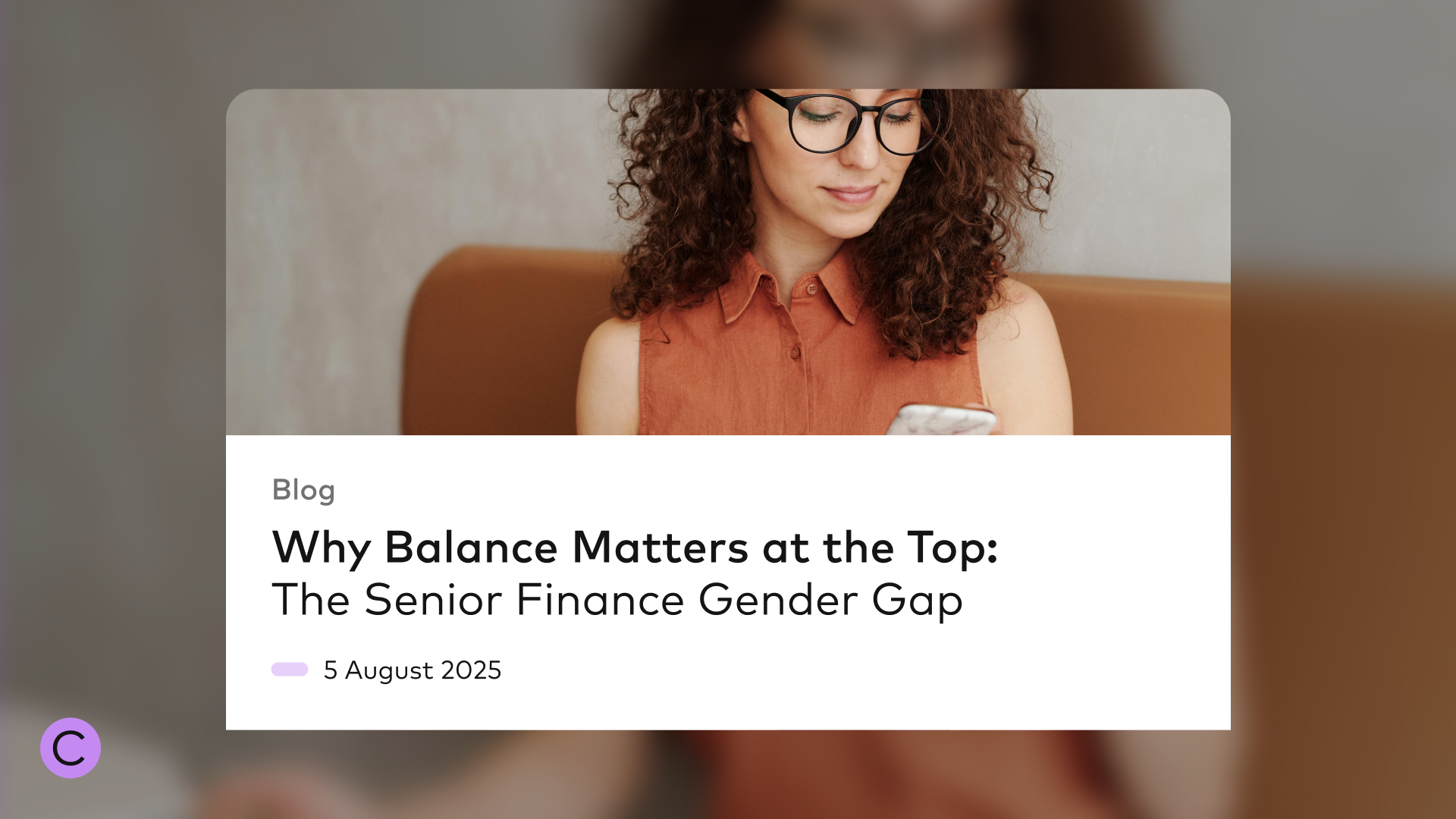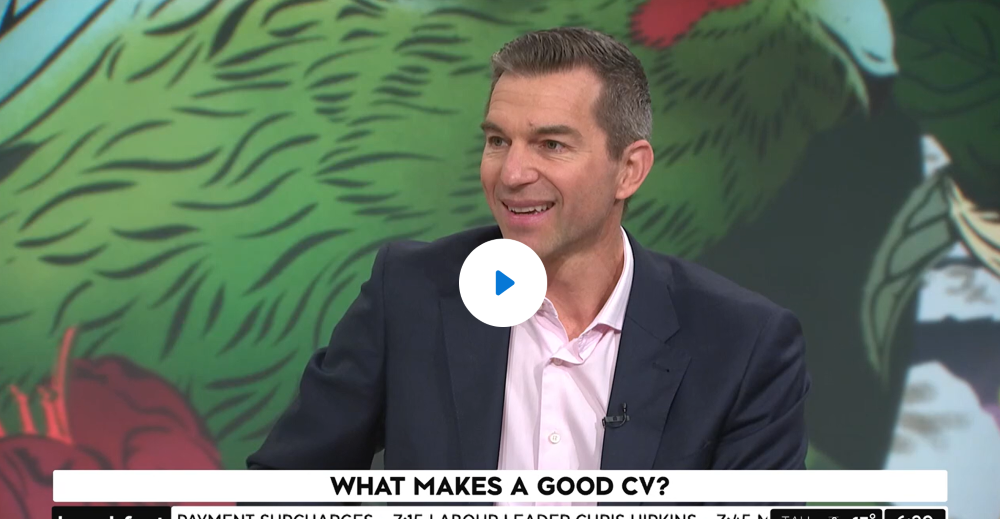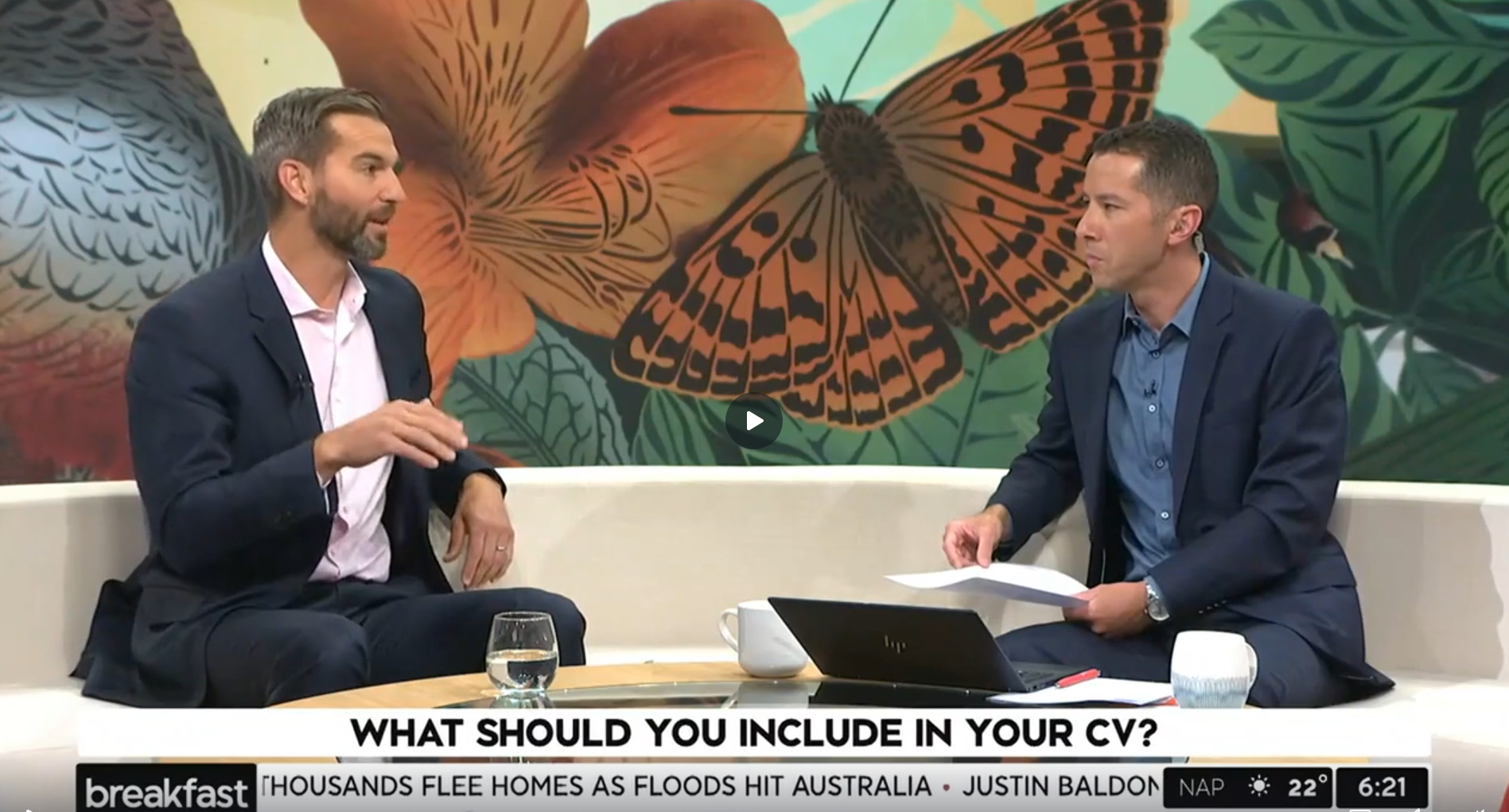June 30, 2023
Navigating Recruitment: Reduce Anxiety and Take Control
by
Tony Pownall
If you struggle as a job seeker and feel you’re not able to put your best foot forward don’t despair, you’re not alone. To help, these are our tips to hopefully reduce anxiety and make you feel more in control when applying for a new role.

I’ve been in recruitment for 18 years. Here’s what I’ve learnt:
- Interviews are changing to be less interrogation and more conversation but there are massive differences in interview styles and a lot of managers are not well trained.
- Too often the candidate experience is poor, in particular communication or lack thereof, only adding to what is an anxious time.
- Job ads and interview questions don’t always align with the core role requirements and can be arbitrary, vague and difficult to answer.
- Almost everyone thinks they could have done better and doubts themselves through the process.
There’s no wonder many don’t find the process easy or comfortable. If you struggle as a job seeker and feel you’re not able to put your best foot forward don’t despair, you’re not alone. A great recruitment consultant should help you prepare, coach you through a process, and make accommodations where possible, but it’s still not easy. It’s even tougher for neurodivergent job seekers who’s cognition is often not catered for.
At Cultivate, we’re trying to challenge the typical recruitment approach to be more flexible, responsive and compassionate to job seekers but we’re not perfect and we can’t easily impact the process run by our clients. Some progressive organisations are taking steps to be more inclusive but progress is slow. So, in the meantime these are our tips to hopefully reduce anxiety and help you feel more in control when applying for a new role.
Deciphering Job Advertisements:
Many job advertisements lack detail, and can include cliché phrases with little bearing on the role requirements. Try not to get too caught up on what can sometimes seem like arbitrary, unrealistic or opposing behavioural requirements – things like a Customer Services role requiring “a great team player”, or an Office Manager who can “manage the unknown”, and a help desk engineer who “prides themself on getting to the bottom of every problem”. If you feel you have most of the skills or experience to do the role, apply anyway. If it turns out it isn’t the best role for you there may be other roles that are.
The Initial contact:
After submitting your application you receive a call from the recruiter or manager out of the blue, what do you do? Firstly, if you’re not 100% clear of distractions or feel caught out, ask for a suitable time to call them back, even if it’s 5 minutes later to give you a chance to gather your thoughts. Don’t feel under pressure to take the call there and then.
Typically, this call is to gauge your motivation for the role and understand your availability, location, alignment of salary etc. It’s also a good time for you to ask any questions about the role or company that weren’t mentioned in the ad. Your ability to recall the ad and reiterate why you’re interested in the role will help pique the interest of the recruiter or manager to progress you further.
If at the end of the call you’re asked to confirm an interview time, again don’t feel pressured into agreeing a time on the spot. It is perfectly reasonable to request they email you some options so you can confirm a time when you’re in front of your diary. I would recommend morning interviews and avoiding Friday afternoons. Make sure you factor in generous travel and parking time if it’s in person. Post Covid many interviews have remained virtual, however if you feel more comfortable meeting in person there is nothing wrong with requesting this instead.
It's rare but occasionally the interviewer may suggest you meet at a café or other public place. If this is suggested it’s okay to say you find loud or public environments distracting and ask whether they have an alternative location. If not, I suggest switching to virtual.
Once an interview is confirmed, make sure you get all the information you personally need to prepare and excel – beyond just location and time. Don’t be afraid to ask what structure the interview will take, whether anyone else will be there and what you can do to best prepare (if it hasn’t been covered already). Almost no one asks these things but it’s perfectly justified. Also ask for the position description.
Preparation:
One thing I’m sure of is you know yourself pretty well already, so don’t over prepare or over think the interview. The person you’re meeting is only human and has their own fears, insecurities and weakness – so try not to stress about yours. In saying that, take some time before you meet to re-read your CV and the job ad. There are clues in the ad so highlight words that give an indication of what they’ll want to hear about.
I recommend to any job seeker that as part of their general preparation for any role they write out the 3 or 4 things they think they’re good at. Most Kiwis are quite humble and don’t like selling themselves but you’re going to have to get over this. Your strengths might be problem solving, attention to detail, process improvement, reliability, creativity, work ethic, dealing with stress or difficult people etc. You’ll have at least 3 things, I promise. Write down a brief story from your recent past that demonstrates this strength. But if you’re really struggling flip it, and write down 2-3 stories of situations you’ve been proud of instead – then consider the strengths these stories demonstrate.
Once you have a repertoire of stories you’ve rehearsed you can roll one of these out for almost every interview question on the basis they can be related to more than one behavioural strength. If you need, take a bullet point list of your stories and associated strengths into the interview as a prompt in case your mind blanks.
The interview:
Get there 10 minutes early, and if it’s online, take a 15 minute drink and bathroom stop prior. Feeling really nervous? That’s ok, most others feel the same. If you think best while holding something just say that as you take your seat, no one will refuse you. You might even decide to say you’re feeling nervous…that makes you human and is actually more likely to build rapport with the interviewer, because they’ll likely notice anyway.
To Disclose or Not? - When considering an important disclosure that may impact your application or role, timing becomes crucial to avoid surprises later. If you have a formal diagnosis as being neurodivergent you might choose to disclose this during the course of the interview if you feel comfortable doing so. There is no one right answer here, it’s a matter of reading your audience. One thing I have noticed is that neurodivergent job seekers are often quite self-aware. That is, they’re quite clear on what they need, and their strengths and weaknesses. If you do disclose, tie your related strengths back to the duties of the role. For example: I am XXX, this gives me greater than usual abilities in A, B and C, as my referees can attest to, which I understood from your ad are important in this role. Even if you chose not to disclose that you’re differently-abled you should still share what you feel are your strengths and where you need support to thrive and excel. Remember, showing self-awareness is a strength in itself and everyone has weaknesses.
Being Yourself - I think this is critical. If you’re not what they need in the role then that’s their loss. Trying to be the person you think they want is harder and more stressful so I suggest you don’t. Personally I find it easier to buy into someone if I feel they aren’t just trying to tell me what I want to hear.
Seeking Clarity on Questions - Interview questions are not always as clear as they could be. There is a natural tendency (which is heightened under stress) to fill the silence by trying to answer questions quickly…don’t. Be comfortable with the silence, take a moment, ask them to repeat or rephrase the question, or repeat the question back if you have any doubt on what’s being asked. The pause this creates allows you to gather your thoughts and if you still need more time say “Great question, could you give me a moment to think of an example?”. If you’re still not sure, you could talk through your example and then double check whether that satisfies their question. You’d rather know in the interview than find out the next day you weren’t successful due to missunderstanding the question.
Your Questions and Interview Closing - I recommend everyone has 1-3 questions prepared for the end of the interview. They could relate to clarity of tasks in the job description, the working hours, company flexibility policy, parking, learning opportunities and anything else that’s critical. It’s ok to refer to written questions you’ve prepared. In fact, showing you have written notes demonstrates your commitment to the process.
Here’s a few that I think reflect particularly well on the candidate:
- How do you measure success in this role and what does great performance look like?
- What’s the most important quality you’re looking for to be successful? How do I measure up in this regard?
- Reading the job description I feel confident I can do well in the role but is there any gaps you have from my answers today?
- Do you have any feedback on how I interviewed today that I could use to improve?
If given a chance, at the end of the interview it’s ok to remind them that interviews aren’t your strength and if given a chance, you’re confident you can excel in the role. You might also front foot the idea of checking with your referees, who can speak to your abilities on the job.
After the First Interview:
Once you’re through the first interview it should get easier from there should you progress, but don’t read too much into delays in timing. Great recruiters should keep you informed, manage your expectations and keep the process moving. But if the process is being run by a busy HR or hiring manager, it’s typical for them to get distracted with the other demands of their role. If you hear nothing 3 days after your interview or the promised date of feedback passes, don’t be afraid to check in with them.
Cultivate is striving to be more inclusive and help organisations improve their cognitive diversity in particular. If you have experience that aligns to our areas of specialisation and want connect with Cultivate to support your search reach out today.




